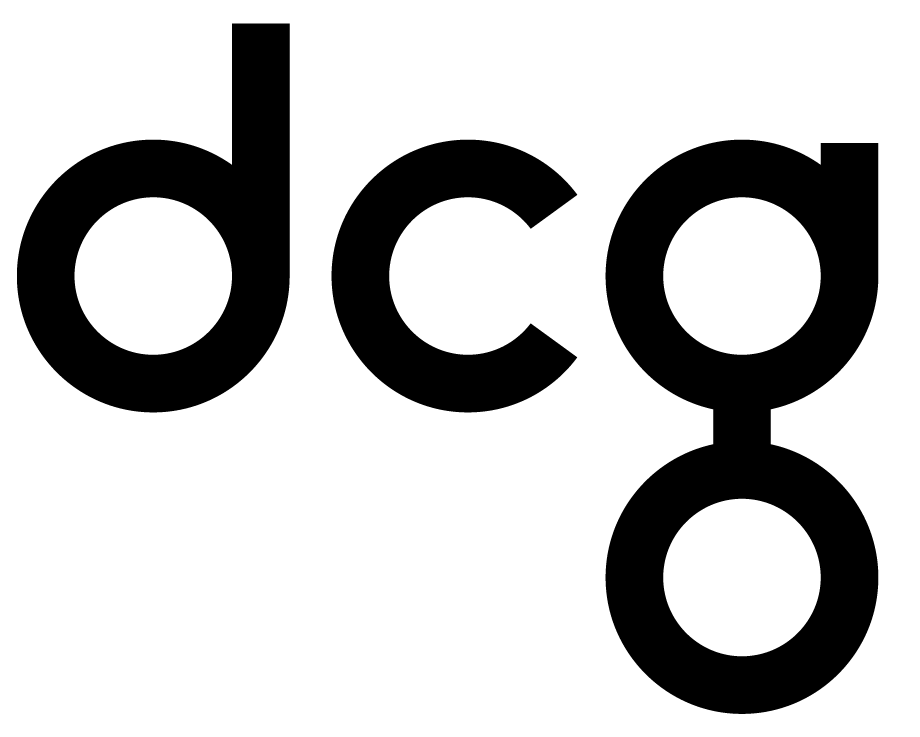
Snowflake vs. Microsoft Azure: The New Kid on the Block
There's been much buzz about Snowflake recently, and with good reason. Nike, Disney, Salesforce, and Discover are just some of the multi-national brands using this cloud-based data warehouse. But how does Snowflake compare to Microsoft Azure? It's difficult to make a like-for-like comparison because, as part of Microsoft, Azure has a much broader scope than Snowflake. There are, in fact, two Azure services we can compare with Snowflake — Azure SQL Database and Azure Synapse Analytics (formerly SQL Data Warehouse), both used by several of the world's most successful companies. (For this article, we'll compare Snowflake with Azure SQL Database as we feel these tools are the most alike.)
So how does Snowflake compare with SQL Database on price, features, and customer review scores? Which one is worth your time and money? This is why we think SQL Database is still a better investment.
What is Snowflake?
Snowflake says: "Snowflake is the only data platform built for the cloud for all your data and all your users. Mobilize your data to advance your business."
Snowflake is a company that enables critical data workloads through its cloud data platform. Users who access Snowflake's data cloud share real-time data with customers, clients, and colleagues, connecting with thousands of data service providers, data consumers, and data providers. As a cloud-based data warehouse solution, Snowflake handles structured and non-structured data.
Launched in 2014, Snowflake is much newer than SQL Database (and Azure). However, it has developed a loyal user base. Users can store their entire data in one platform, enabling many types of data workloads from a central location. This makes it easy to share and collaborate on data projects instead of using several storage solutions.
Snowflake is compatible with three cloud providers: Microsoft Azure, Amazon Web Services, and Google Cloud Platform.
What is SQL Database?
Microsoft says: "Part of the Azure SQL family, Azure SQL Database is the intelligent, scalable, relational database service built for the cloud. It's evergreen and always up to date."
Microsoft Azure SQL Database is a managed cloud database that is part of the Microsoft Azure suite. Microsoft provides access to the database as a service. It is compatible with the Microsoft SQL Server.
SQL Database is a reliable and secure database for building data-driven apps and websites in various programming languages, with no expensive infrastructure.
Snowflake vs. SQL Database: Features
Speed
There's a misconception that Snowflake is considerably faster than SQL Database, but this isn't the case. One reviewer says Snowflake performs a bit faster than SQL Database, but it was "only on-par or slightly better than what we were getting in our normal SQL." Plus, the reviewer didn't test the full capacity of SQL Database because "to get the real benefit of the system, you really have to re-design your database to take advantage of it."
Like any system, you need to customize SQL Database to suit your business. This is where a reputable partner comes in. Dynamic Consultant Group (DCG) can tailor Azure to benefit your business and help you get more from Microsoft's entire portfolio of products, including Dynamics 365 and Power Platform. Schedule a meeting to discover why DCG is the preferred Azure partner of choice for so many businesses.
Integrations
SQL Database wins here, hands down. As a Microsoft product, SQL Database integrates well with hundreds of other Microsoft services in a low-code environment. SQL Database offers users an entry point to create PowerApps connected to tables in any database. Users can also import data in Microsoft Dynamics 365 to facilitate many customer management, supply chain, and financial tasks.
Snowflake has no native tools built-in.
Skills Required
Although both Snowflake and SQL Database require some training, you might find the latter easier to use if you are familiar with other Microsoft products.
Other Features
Snowflake
- Optimized data table structures.
- Support for semi-structured data.
- Continuous data pipelines.
SQL Database
- Performance tuning (making sure the database runs as fast as possible).
- Resource management with elastic pools. Receive alerts when you need to scale.
- Enhanced security. Safeguard your data with privacy protocols from Microsoft.
- Scale. It's easy to scale data management as your business grows.
Support
Snowflake
- Documentation
- Education and training
- Community
Azure
- Knowledge center
- Community
- Documentation and guides
- Microsoft Learn
- How-to videos
Costs
Snowflake
There are many costs associated with Snowflake, and prices depend on the company's size and the data they want to store.
- Storage costs start from $23 per TB per month (accrued daily).
- Virtual warehouse costs (for loading data and executing queries).
- Utilization of cloud services costs.
- Serverless costs.
Users pay for resources with "credits," which start from around $2, but this cost depends on the user's region and preferred cloud provider.
As you can see, many businesses find Snowflake costs complicated. Depending on the business and resources required, SQL Database could work out significantly cheaper.
SQL Database
SQL has a relatively simple pricing structure. As of now, the costs are:
- $0.5218 per vCore hour
- $0.115 per GB per month
There are additional data charges. Users who need point-in-time restore, for example, pay $0.20 per GB per month for backup storage, while users who require long-term retention pay $0.05 per GB per month.
What Do Users Think?
Snowflake has an average user score of 4.6 out of 5 stars on the popular review website G2.com, based on 269 reviews (as of November 2020).
"It is amazing for large tasks. Also, its cloning and data sharing functions stand out. It works optimally without much effort. It also has good query performance," says one reviewer, a business intelligence analyst working for a small company. "It is incredibly fast, even when using many combinations, and the web UI is very reliable."
Snowflake doesn't impress all reviewers. One computer software user working for a large enterprise thinks Snowflake has a "bad UI" and is "unintuitive," meaning they "can't process info quickly."
SQL Database has an average user score of 4.2 out of 5 stars on G2.com, based on 37 reviews (as of November 2020).
"The database hosting and setup process are seamless. Scalability-wise, it's good enough, and we can scale it any time according to business requirements," says one senior software engineer. "Performance-wise, it's efficient, and database availability during peak time is great, even when there is a lot of traffic, and other jobs and backup processes are running."
"Azure SQL database gives you the ability to have most of the traditional SQL server function but having it on the cloud," says another reviewer who works as a data analyst for a mid-market company. "It is easy to integrate with other tools available on Microsoft Azure. You can scale it as much as you want, instead of purchasing the hardware of a physical database server."
One reviewer complained about the price. However, using an Azure consulting and support partner can bring down costs considerably. Dynamic Consultants Group can optimize your Microsoft stack, so you get more value from the company's portfolio of products, including Azure. Click here to schedule a meeting and learn more.
Final Word
Snowflake and Azure SQL Database provide businesses of all stripes with valuable data management solutions. Although these tools perform different services, SQL Database could offer more value because it's so easy to integrate with other products from Microsoft, which has a much broader footprint than Snowflake.
Are you looking to incorporate Azure into your organization? Dynamic Consultants Group provides you with support and consulting services to facilitate the entire process and help you get more value from Microsoft's ever-growing portfolio of products. Schedule a meeting here and learn why DCG is the #1 choice for businesses that switch to Azure.





